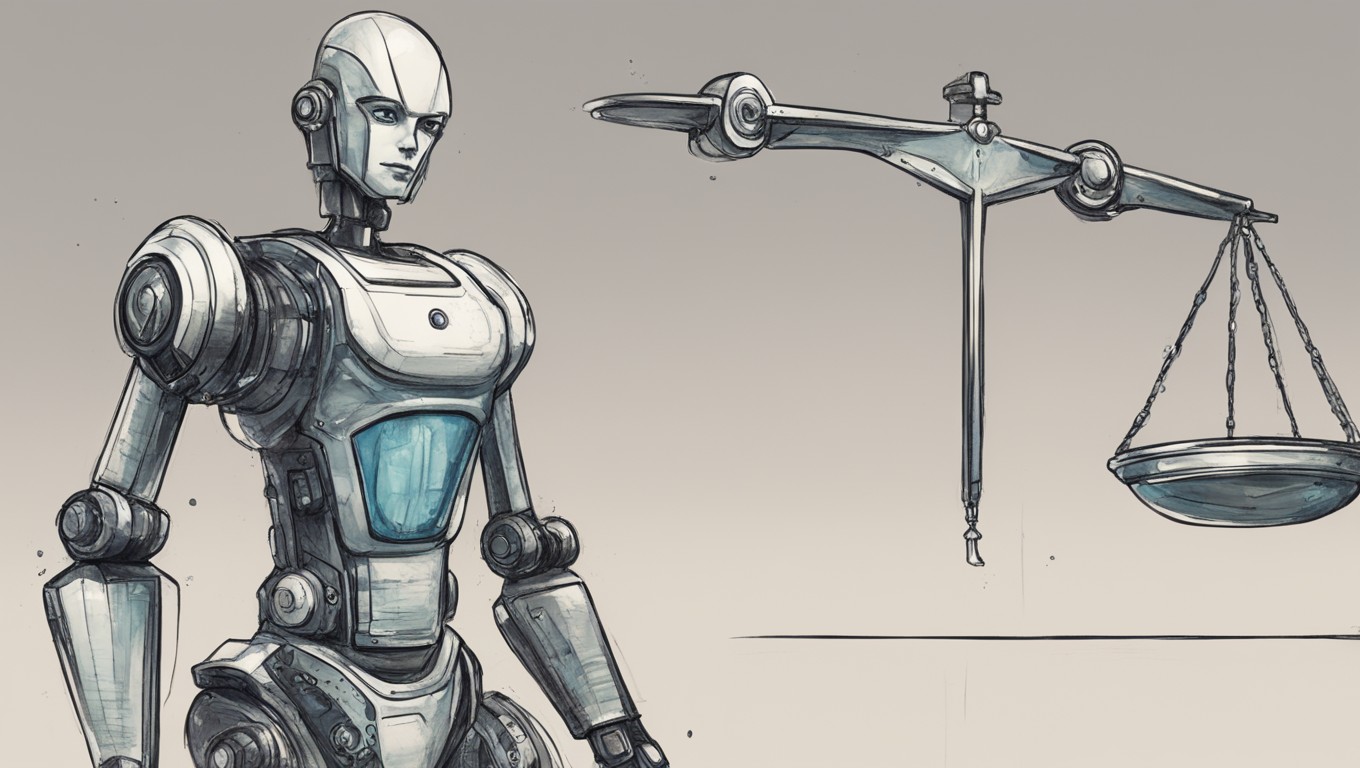In a breakthrough moment for AI regulation, the European Union (EU) negotiators have reached a deal on the world’s first comprehensive set of rules for artificial intelligence. The EU has taken the lead in the global race to establish AI guidelines and has now paved the way for legal oversight of this transformative technology. This move comes as AI gains momentum, raising concerns about its potential risks and their impact on humanity.
The negotiations between the European Parliament and the EU’s member countries were intense, with key points of contention including generative AI and the use of face recognition surveillance by the police. However, a political agreement for the Artificial Intelligence Act was signed, marking a significant milestone. European Commissioner Thierry Breton tweeted, “Deal! The EU becomes the very first continent to set clear rules for the use of AI.”
While this is a significant step forward, civil society groups have expressed reservations about the deal, stating that it doesn’t go far enough in protecting individuals from potential harm caused by AI systems. Daniel Friedlaender, the head of the European office of the Computer and Communications Industry Association, highlighted the need for further technical work to address crucial details of the AI Act.
The EU’s initial draft of AI regulations in 2021 positioned it as an early leader in this area. But with the rapid development of generative AI, European officials scrambled to update their proposal to stay at the forefront of AI governance. Moving forward, the European Parliament will need to vote on the act early next year, but with the political agreement secured, this is expected to be a formality.
Italian lawmaker Brando Benifei, co-leading the European Parliament’s negotiating efforts, expressed his satisfaction with the deal, stating, “It’s very very good… Obviously, we had to accept some compromises, but overall very good.”
The regulations are not set to take full effect until 2025 at the earliest. Companies found in violation of the rules could face hefty financial penalties of up to 35 million euros ($38 million) or 7% of their global turnover. The focus on generative AI systems like OpenAI’s ChatGPT stems from their ability to produce human-like text, photos, and songs. While these advancements have captivated users, concerns about job displacement, privacy, copyright protection, and even ethical implications have arisen.
The EU’s comprehensive regulations on AI set an example for other governments considering similar legislation. Anu Bradford, a Columbia Law School professor and expert on EU law and digital regulation, explains that although countries may not copy every provision, they are likely to emulate many aspects of the EU’s regulations.
One significant aspect of the AI Act is the extension of obligations for AI companies outside of the EU. This approach ensures consistency and avoids the need to retrain separate models for different markets. Such comprehensive rules from the EU have the potential to influence global AI practices.
The AI Act was initially designed to address the risks associated with specific AI functions based on their risk levels. However, negotiators expanded its scope to include foundation models, the advanced systems underlying general-purpose AI services like ChatGPT and Google’s Bard chatbot. Negotiators managed to reach a compromise on foundation models, which had been a sticking point for Europe.
These models, also known as large language models, are trained on vast amounts of text and images from the internet, giving generative AI systems the ability to create new content. Companies building foundation models will be required to comply with EU copyright law, provide technical documentation, and detail the content used for training. Advanced foundation models that pose “systemic risks” will face additional scrutiny, including risk assessment and mitigation, reporting incidents, implementing cybersecurity measures, and demonstrating energy efficiency.
The concern over the potential misuse of powerful foundation models has been raised by researchers who warned about online disinformation, cyber attacks, and the creation of bioweapons. Rights groups also highlight the lack of transparency regarding the training data used for these models, as it could impact AI-powered services built on top of them.
The thorniest issue in the negotiations centered around AI-powered face recognition surveillance systems. European lawmakers initially proposed a complete ban on their public use due to privacy concerns. However, exemptions were negotiated to allow law enforcement agencies to use these systems in cases involving serious crimes, such as child exploitation or terrorism.
While the AI Act represents a significant step forward for AI regulation, concerns remain about its limitations and loopholes. Digital rights group Access Now highlights flaws in the final text and the absence of protections for AI systems used in migration and border control. Additionally, the option for developers to opt-out of classifying their systems as high risk raises further concerns.
As the EU leads the way in AI regulation, other countries are racing to catch up. The US, UK, China, and international coalitions, like the Group of 7 major democracies, have proposed their own regulations in response to the growing impact of AI. The EU’s comprehensive and robust rules are likely to shape the course of AI governance worldwide.
With the EU’s groundbreaking AI regulations, the world embarks on a new era of responsible AI development and usage. These regulations not only provide legal oversight but also set the stage for ethical and accountable AI practices. As other countries and governments look to the EU for guidance, it’s clear that the impact of these regulations will extend far beyond the continent. The future of AI is being shaped today, and the EU is leading the way.





Use the share button below if you liked it.